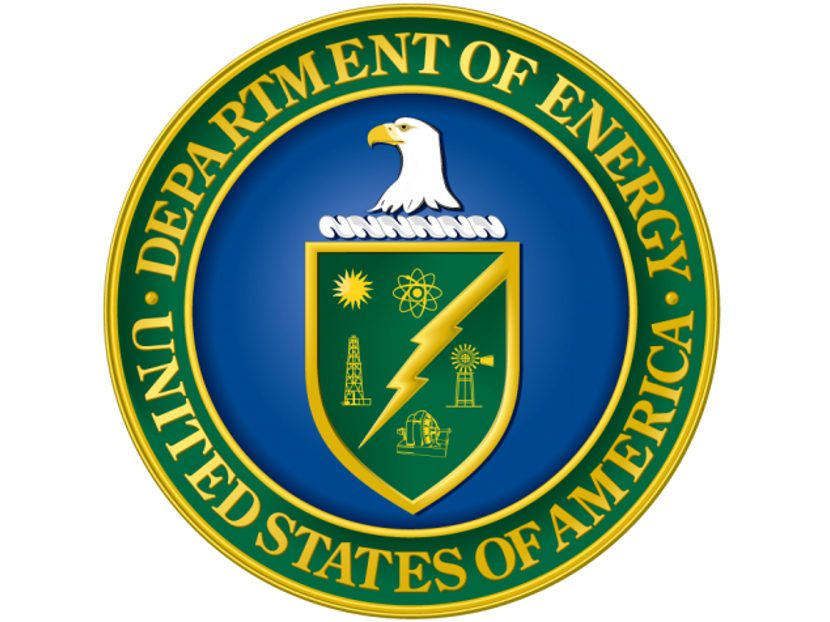DOE Seeks Input on Funding for Cost-effective Implementation of Updated Building Energy Codes

The U.S. Department of Energy (DOE) Building Technologies Office (BTO) has issued a request for information (RFI) to gather responses from the public that will inform the program development and execution of Section 40511 of the Bipartisan Infrastructure Law. This provision makes $225 million available over the next five years to state agencies and partnerships to help drive the cost-effective implementation of building energy codes for improved efficiency and resilience.
In 1976, Congress recognized the important role of state and local governments in realizing the benefits of energy codes by directing DOE to offer technical assistance and financial support to advance the adoption and effective implementation of building energy codes. Section 40511 of the Bipartisan Infrastructure Law provides additional funding to build on a long history of the U.S. DOE Building Energy Codes Program (BECP) providing research and analysis, direct technical assistance, and competitive funding opportunities to support the development, adoption, and implementation of building energy codes at the national, state and local level. Specific activities that will be considered in program design include code education and training, compliance research, planning to support code implementation, addressing needs in rural vs. urban areas, and other efforts to significantly support state and local code implementation.
The energy code is a critical component of the broader collection of building codes and standards that collectively ensure the health, safety, efficiency, and long-term resilience of buildings. Building energy codes work in concert with other code provisions like fire, mechanical, and plumbing, and establish minimum acceptable energy efficiency standards for residential and commercial buildings. Modern building energy codes are a critical strategy to lower energy bills for American homes and businesses, reduce harmful greenhouse gas emissions associated with the operation of residential and commercial buildings, and enhance resilience in the built environment.
DOE understands that the current state of adoption with regards to the residential and commercial building energy code varies across the country, and research suggests that extensive savings can be gained from states updating their building energy codes to more recent versions along with integrating more innovative approaches, such as stretch codes, building performance standards, and adjacent policies supporting advanced energy and climate goals. Model energy codes are projected to deliver $138 billion energy cost savings, 900 MMT of avoided CO2 emissions and 13.5 quads of energy in cumulative benefits to residents across the country from 2010 to 2040. As States consider updates to their building energy codes and related building energy policies in states and localities throughout the United States, DOE emphasizes the importance of developing sustainable plans to support continued updates over time.
In addition to state and local adoption of updated codes, building energy code compliance and enforcement is critical to ensuring that the energy efficiency, cost savings, health, and resilience benefits associated with each adopted code reach the consumer. This upcoming funding opportunity will support increased compliance with energy codes, including development of a workforce skilled in advanced technologies, construction practices and building science that can be sustained over time.
There are many opportunities to increase representation and engagement with historically underrepresented and disadvantaged groups within energy code and building energy policy frameworks and energy and environmental justice benefits will be a high priority as the BIL provisions are implemented.
Thoughtful and informed public responses to this RFI will help DOE design programs to achieve the goals and priorities established under the Infrastructure Investment and Jobs Act. DOE especially encourages states, partnerships, alliances and associations to respond, as specified under the Act, although all public responses will be heard and considered.
The deadline to submit your response to this RFI is May 20, 2022, at 5 p.m. ET. Download the RFI to see the full list of questions and instructions on how to submit your response.




